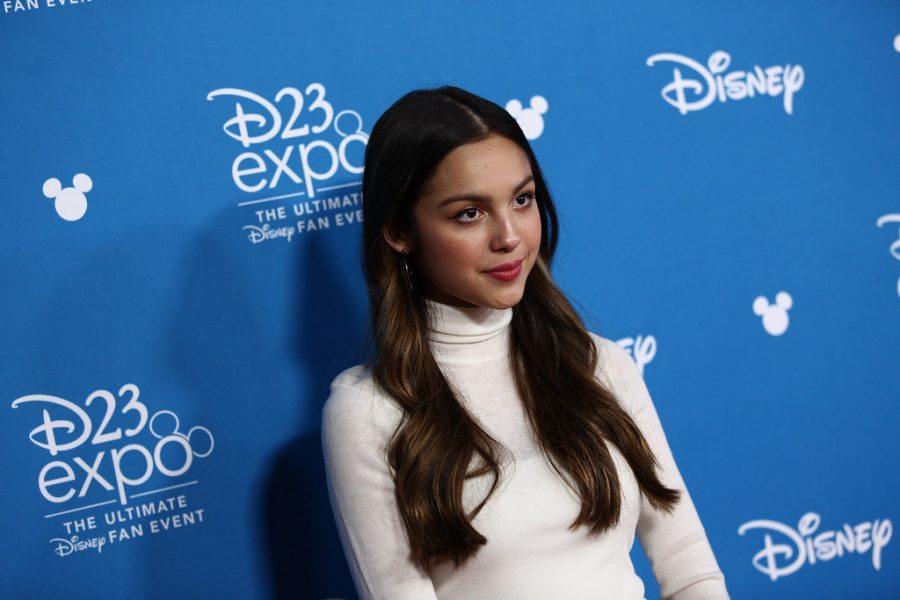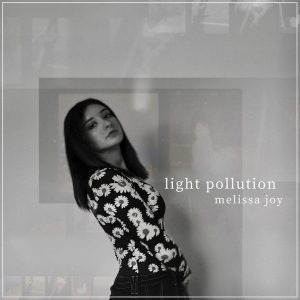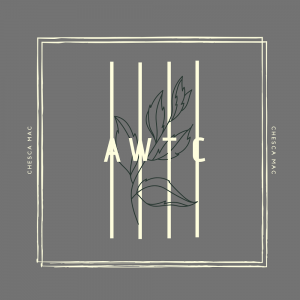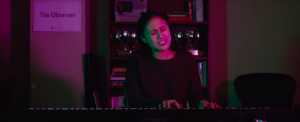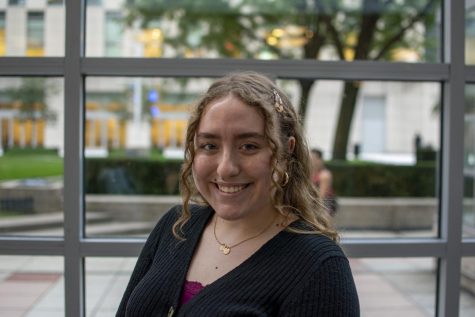‘drivers license’ Sparks Rumors, But Also Inspiration
With her debut single “drivers license,” Disney+ star Olivia Rodrigo brings to light the potential pitfalls of a Disney image, the struggles of being a female singer-songwriter and the benefits of being a Swiftie.
WALT DISNEY TELEVISION/THE WALT DISNEY COMPANY VIA FLICKR
Olivia Rodrigo began her music career while still working at Disney, a deviation from the path of female Disney-stars-turned-singers before her.
February 17, 2021
Her No. 1 debut single “drivers license” has been on the Billboard Hot 100 charts for 5 weeks straight, broken the Spotify record for most single-day streams and incited a storm of Disney drama and a suggested love-triangle.
Who is she? Olivia Rodrigo, star of “High School Musical: The Musical: The Series” on Disney+. Oh, and she’s only 17 years old.
Rodrigo, who began her Disney career as one of the stars on Disney Channel’s “Bizaardvark” at the age of 13, is no stranger to the music scene. Ever since her single blew up, videos of Rodrigo competing in the Boys and Girls Club singing competition at ages 8 and 10 have been circulating the internet.
While it’s long been tradition for Disney and Disney Channel stars to eventually transition into the music industry, the latest convert, Rodrigo, signifies a shift in the system.
In the videos, you can hear her belting “Mamma Knows Best” by Jessie J and “Don’t Rain on My Parade” by Barbra Streisand with a rendition that rivals that of “Glee’s” Rachel Berry.
It’s clear her musical journey did not end there. On “Bizaardvark,” Rodrigo and Madison Hu, her co-star, performed songs as their characters, Paige and Frankie, respectively, in each episode. However, it was in “High School Musical: The Musical: The Series” that Rodrigo finally got to display her songwriting chops. “All I Want,” which she wrote for her character, Nini, eventually went viral on TikTok after becoming a trend in videos about crushes and romantic professions.
While it’s long been tradition for Disney and Disney Channel stars to eventually transition into the music industry, the latest convert, Rodrigo, signifies a shift in the system. Not only is she diverging from the traditional “first step” –– signing with Hollywood Records –– she’s also breaking the trend by jump-starting her music career while still working at Disney.
Numerous actresses who preceded her, such as Miley Cyrus, Selena Gomez and Demi Lovato, were met with varying degrees of acceptance when fleeing the constraints of the Disney machine.
Cyrus, who famously was met with much resistance to her post-Disney career, initially began her original recording career with Hollywood Records –– a record label owned by Disney Music Group –– then transitioned to RCA Records. Cyrus, according to The New York Times, went “on a relentless campaign not to be Hannah Montana and to (instead) be this emblem of rebellion and trouble.” Although Cyrus had to jump through many societal hoops in order to shed the Hannah Montana persona, Rodrigo seems to have escaped such obstacles.
It’s refreshing to see someone like Swift, who is no stranger to this music industry double standard, support a young female artist on the cusp of stardom.
Rodrigo, who is signed with Geffen Records (a non-Disney label), is already one step ahead of Cyrus by releasing her original music separate from Disney. Additionally, instead of backlash, Rodrigo’s track, which rebels against Disney etiquette with curse words and more mature themes, has received an outpouring of support from many celebrities.
One specific celebrity’s praise is especially significant. Rodrigo frequently identifies as a Swiftie (a fan of Taylor Swift) and cited Swift as an inspiration for her debut single. So, when the artist’s song landed next to two of Swift’s “evermore” tracks, she decided to celebrate the moment on Instagram, writing, “next to taylor on the us i tunes chart i’m in a puddle of tears.” Then Swift responded, “I say that’s my baby and I’m really proud.”
With the constant criticism of female singer/songwriters for singing about their relationship-related woes and investigating their failed romances, it’s refreshing to see someone like Swift, who is no stranger to this music industry double standard, support a young female artist on the cusp of stardom. And if double standards exist for celebrated artists like Swift, they definitely exist for up-and-comers.
“Seeing how she’s half Filipino, it’s really inspiring to see someone who represents a part of you and your culture make it up there. It has impacted me … by showing that no matter who you are, your art speaks to people.” Amaya Braganza, FCLC ’23
For Chesca Mac, Fordham College at Lincoln Center (FCLC) ’21, and Amaya Braganza, FCLC ’23, two female singer/songwriters part of the Fordham community, the music industry has confronted them with gendered challenges, but it has also given them essential tools of expression.
Mac, whose songs “After All” and “Winter’s Summer Breeze” were featured on The Observer’s “Desk at 140 West,” spoke to a phenomenon that is recognized (at least in recent years) as the Taylor Swift Dilemma, in which “a woman sings about sex (and) it’s not sensual but suddenly vulgar. When a woman speaks about the toxicity of a past relationship, she’s not hurting, she’s a crazy ex.”
Braganza, who makes music with her sisters as The Braganza Sisters, cited Rodrigo as an empowering influence, saying, “Seeing how she’s half Filipino, it’s really inspiring to see someone who represents a part of you and your culture make it up there. It has impacted me … by showing that no matter who you are, your art speaks to people.”
While the gendered expectations and criticisms that plague the music industry at all levels are not likely to disappear soon, it’s clear that there are artists who are constantly reshaping the idea of what it means to be a female singer/songwriter. Both applauded and underestimated, Rodrigo is embracing her well-earned stardom just as Swift would: unbothered.
While some may write off “drivers license” as just another teen hit, Mac would say otherwise: “A song doesn’t need to be the most poetic or mind-blowing thing. The lyrics don’t need to be grammatically correct, the melody doesn’t need to be ground-breaking, and it’s okay if it’s predictable. Yes, music can be innovative or make statements, but it doesn’t need to do those things to be good.”
So, whether you’re the next Taylor Swift, Miley Cyrus or even Olivia Rodrigo, pick up a guitar, write down your thoughts and get to work!

